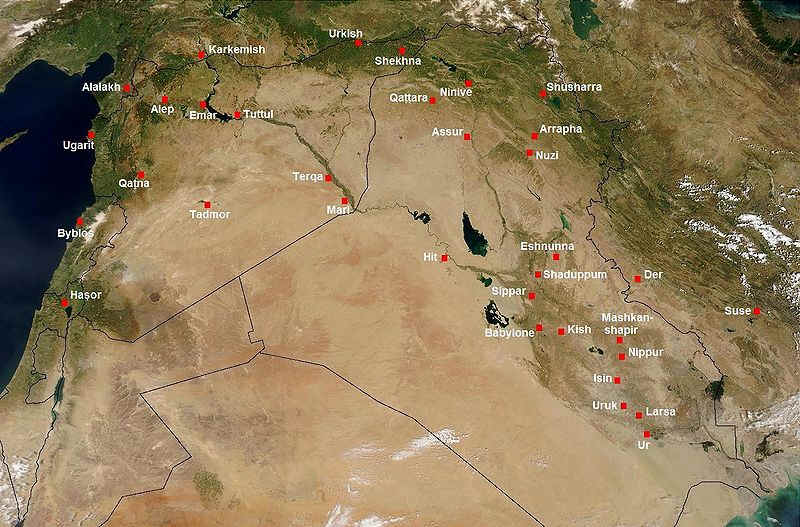Chapter 3 Migration and Empire: the Spread of Civilization, 2400-500 BC
As
word of the wealth and security provided by civilized life spread beyond the
river valleys, those who lived “outside” began to covet its benefits. Some
determined to obtain them through conquest. As non-sedentary peoples conquered
the cities, however, they soon adopted the habits and lifestyles of their new
subjects. In effect, they too became “civilized” – only to be threatened
in their turn by yet new groups of invaders seeking the comforts and riches of
civilized life. In search of security in such a dangerous climate, many rulers
determined to forestall potential invaders by extending their boundaries, taking
control of more and more territory. Thus began the process of empire building.
Throughout the ancient world, civilizations developed into empires, either
through conquest by non-sedentary peoples or in an effort to forestall them. As
always, these empires too rose or fell according to their ability to adapt to
new challenges from their environment. In effect, empire itself was an adaptive
response to new security challenges from the human environment.

City-states of the Fertile Crescent in
the 2nd millennium BCE Taken from http://upload.wikimedia.org/wikipedia/commons/thumb/2/20/Amurru.JPG/800px-Amurru.JPG
<iframe width="1440" height="900" src="http://www.youtube.com/embed/2yz0VxXIaIg"
frameborder="0" allowfullscreen></iframe>